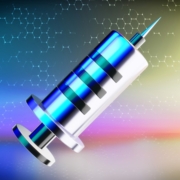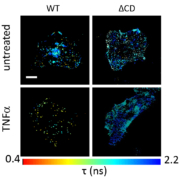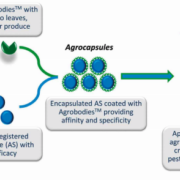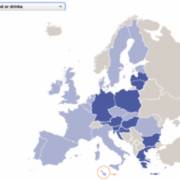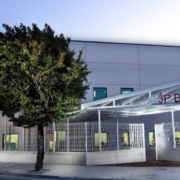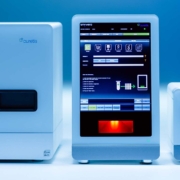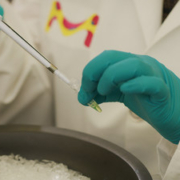Wellington Partners has closed its largest Life Sciences Fund ever. The VC specialist outperformed its intial target of raising €120m to €150m and closed at €210m.
ADVERTISEMENT
Venture Captital specialist LSP led a €67m Series A financing in peptide developer Alizé Pharma 3.
Two research teams have unraveled the complex dynamics of TNF? receptor signaling and have identified compounds that may be safer than current treatments.
Plant protection specialist AgroSavfe will use the funds of a €35m Series C financing to push the development, registration and commercial scale production of its biofungicides and bio-insecticide.
The European Commission has authorised ten genetically modified products.
Swedish researchers have demonstrated that the gut microbiome can significantly affect the proper development and strength of skeletal muscle.
Pamplona-based CDMO 3P Biopharmaceuticals (3P) has announced Keensight Capital as its new major investor after previous major investor Infarco is refocussing on international expansion. By providing 3P with leap in terms of capacity, equipment, technology, and talent, Keensight is expected to consolidate 3P’s position as one of few mid-sized CDMOs on the international market that offers commercial manufacturing capabilities.
"We are extremely enthusiastic to work with Keensight Capita at such a crucial moment for our industry," said Dámaso Molero, CEO of 3P Biopharmaceuticals. "With their global footprint and their expertise inthe biologics field, I am highly confident that Keensight team will help us reach significant milestones in the coming years.
3P experienced a 23% annual revenue growth over the past 4 years, 10% above the rate the biological CDMO market is to grow from 2018-2022. The fully integrated specialist in process development and GMP-compliant manufacturing biologics and cell therapy products is further being funded by Sodena, the financial business development instrument of the Government of Navarra.
Molecular diagnostics expert Curetis NV has filed for US FDA clearance of Unyvero LRT to speed up diagnosis of patients with lower respiratory tract (LRT) infections.
Merck and the Broad Institute have signed an agreement on the granting of non-exclusive intellectual property licenses to CRISPR-based genome editing.



